Diverse Applications Across Industries
The versatility of Nickel Metal Hydride (NiMH) batteries across various industries is a significant driver for the market. These batteries are utilized in a wide range of applications, from consumer electronics to industrial equipment and electric vehicles. In 2025, the demand for NiMH batteries is anticipated to grow as industries recognize their advantages, such as longer life cycles and lower environmental impact compared to other battery types. This broad applicability ensures a steady demand for NiMH batteries, thereby reinforcing the Nickel Metal Hydride (NiMH) Battery Market as a key player in the energy storage landscape.
Increasing Adoption of Hybrid Vehicles
The rising adoption of hybrid vehicles is a pivotal driver for the Nickel Metal Hydride (NiMH) Battery Market. As consumers increasingly seek fuel-efficient alternatives, hybrid vehicles, which often utilize NiMH batteries, are gaining traction. In 2025, it is estimated that the hybrid vehicle segment will account for a substantial share of the automotive market, with NiMH batteries being favored for their cost-effectiveness and reliability. This trend is further supported by government incentives aimed at promoting eco-friendly transportation solutions. Consequently, the demand for NiMH batteries is likely to surge, as manufacturers strive to meet the growing needs of the automotive sector.
Enhanced Energy Density and Performance
The continuous improvements in energy density and performance of Nickel Metal Hydride (NiMH) batteries are driving their market growth. Recent advancements have led to batteries that offer higher energy storage capabilities, making them more competitive against lithium-ion alternatives. In 2025, the energy density of NiMH batteries is projected to reach levels that enhance their viability for various applications, including consumer electronics and electric vehicles. This enhancement in performance not only attracts manufacturers but also encourages consumers to opt for devices powered by NiMH batteries, thereby bolstering the Nickel Metal Hydride (NiMH) Battery Market.
Growing Demand for Renewable Energy Solutions
The increasing focus on renewable energy solutions is significantly influencing the Nickel Metal Hydride (NiMH) Battery Market. As the world shifts towards sustainable energy sources, the need for efficient energy storage systems becomes paramount. NiMH batteries are particularly well-suited for applications in renewable energy systems, such as solar and wind power, where they can store excess energy for later use. In 2025, the market for energy storage solutions is expected to expand, with NiMH batteries playing a crucial role in facilitating the integration of renewable energy into the grid. This trend is likely to drive further investments in NiMH technology.
Regulatory Support for Clean Energy Technologies
Regulatory frameworks promoting clean energy technologies are acting as a catalyst for the Nickel Metal Hydride (NiMH) Battery Market. Governments worldwide are implementing policies that encourage the adoption of environmentally friendly technologies, including incentives for electric and hybrid vehicles that utilize NiMH batteries. In 2025, these regulations are expected to create a favorable environment for the growth of the NiMH battery market, as manufacturers align their production strategies with sustainability goals. This regulatory support not only enhances market confidence but also stimulates innovation within the industry, leading to improved battery technologies.


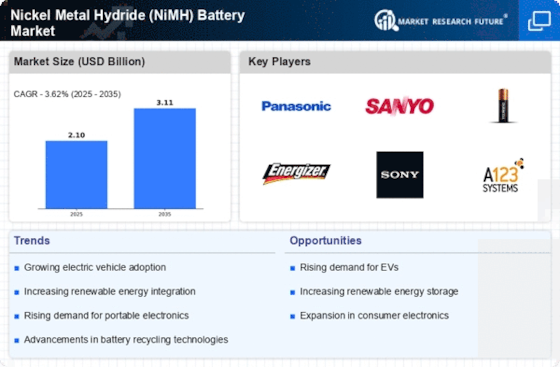
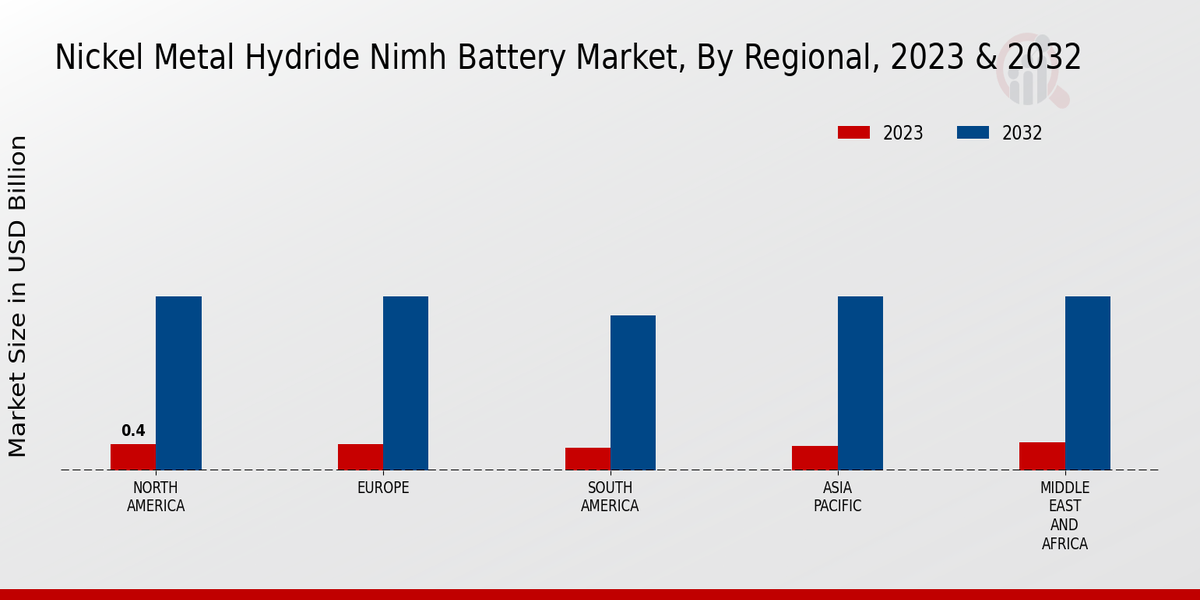
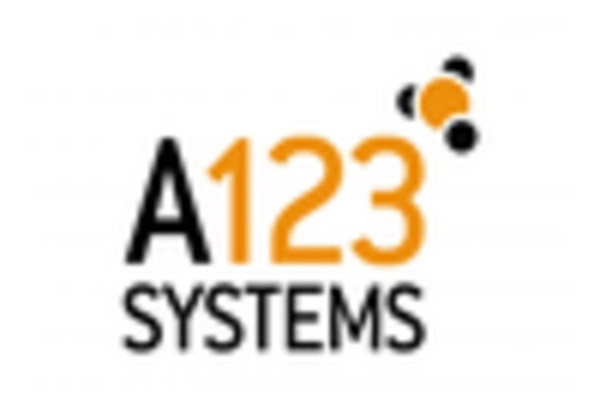
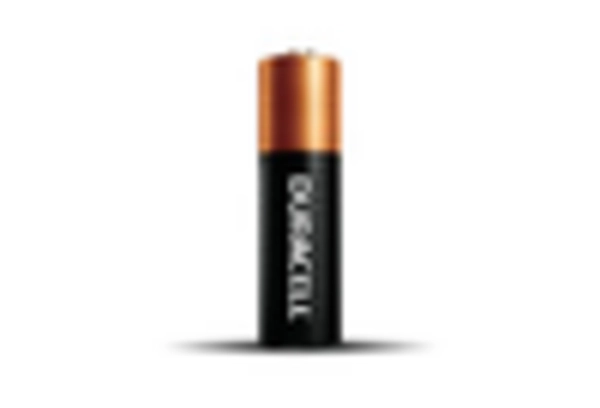
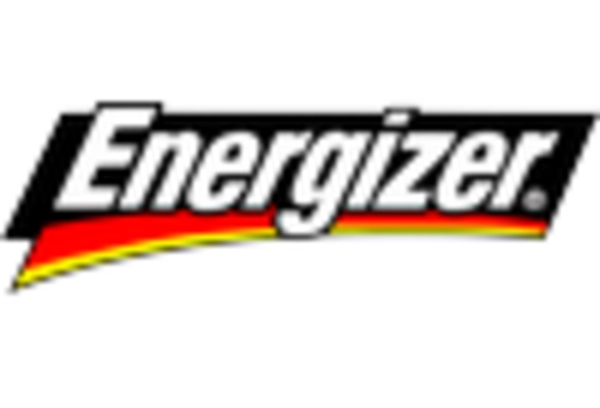

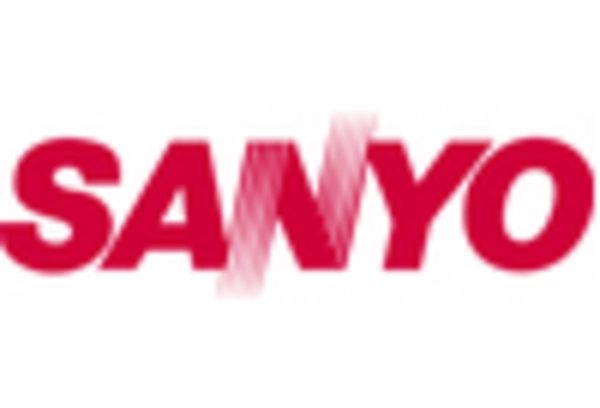
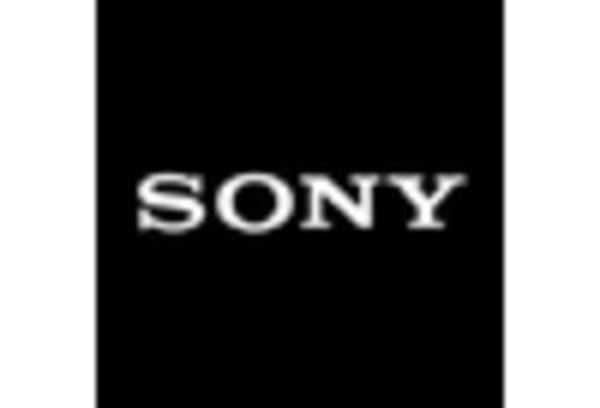








Leave a Comment